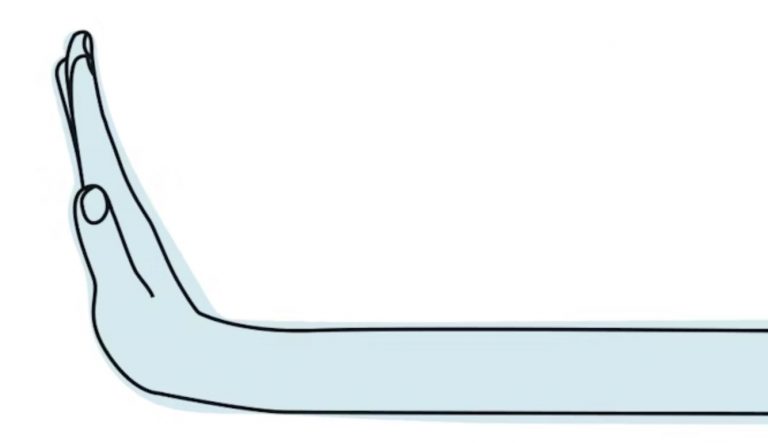The incompatibility of Nudge and Co-Design as tools for policymaking

The use of nudge theory to inform policy interventions in response to COVID-19 has re-opened debates over the politically paternalistic nature of governing by ‘nudges’ and has given momentum to calls to include the more participatory elements of co-design into policymaking.
In an article on the LSE blog, Emma Blomkamp and Colette Einfeld of Australian National University suggest in seeking to combine mutually exclusive elements of each practice, academics and policymakers risk blurring lines of authority and public trust in policymaking.
“Both nudge and co-design promise more effective outcomes for governments by taking into account the public’s ‘real’ behaviour, to overcome biases in traditional top-down approaches to policymaking. However, as we explore in our recent paper, both approaches stem from different understandings of society and politics. This raises questions over whether in practice these approaches are compatible and complementary in policy design, or contradictory to the extent they could undermine trust in government.”



